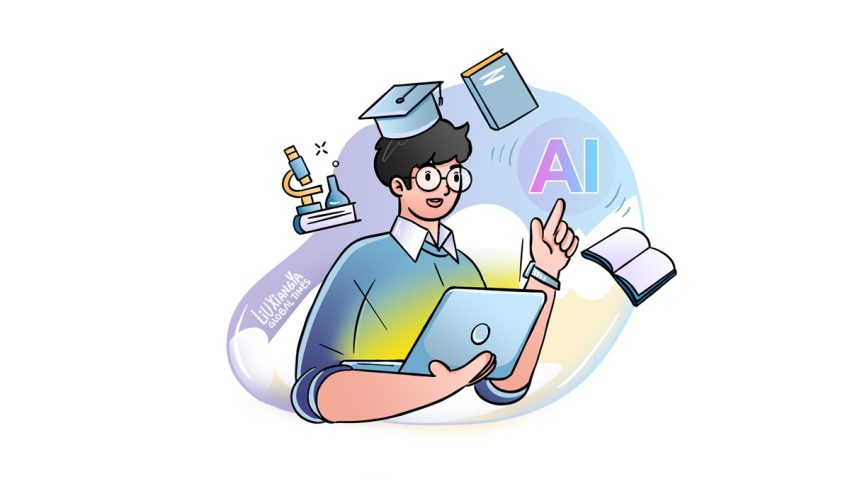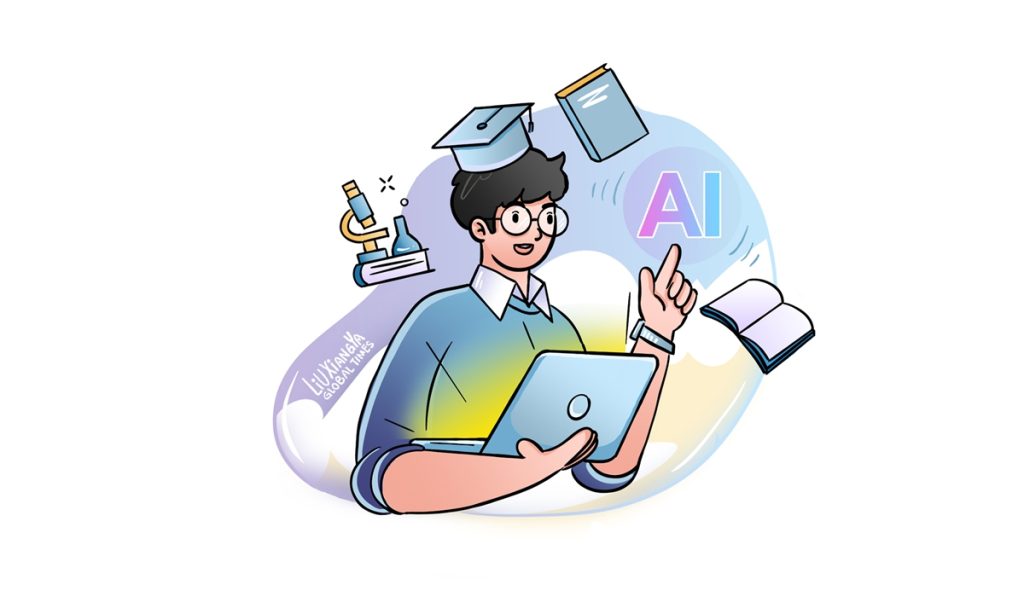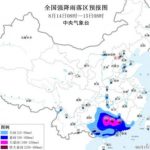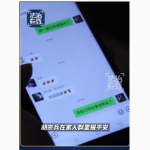
Chinese Education Ministry proposes AI integration into school curricula, teaching materials

China's Ministry of Education has released an opinion proposing to promote artificial intelligence (AI) to accelerate the country's education reform by integrating AI into the whole process of education, including textbooks and school curricula, media reported on Wednesday.
The opinion on accelerating the digitalization of education, issued by the Ministry of Education and eight other departments, proposes to deepen the application of large models in education, promote the intelligent upgrading of curricula, textbooks and teaching systems, integrate AI into the whole process of education and teaching, according to China Central Television on Wednesday.
The opinion is very important for teachers and students in primary, secondary, and higher education, as school curricula, textbooks, and teaching methods are all transitioning toward "digitalization" and "intelligent" upgrades, the report said.
At an event organized by the China Public Diplomacy Association on Wednesday, Lionel M. Ni, the founding president of the Hong Kong University of Science and Technology (Guangzhou), highlighted the transformative impact of AI on education and called for adaptive strategies to harness its potential.
He underscored AI's role in accelerating interdisciplinary integration, fostering collaboration among computer science, medicine, humanities, and other fields. This, he said, is giving rise to new academic disciplines and making possible the cultivation of "T-shaped talents," individuals with deep expertise and broad interdisciplinary knowledge, which is a central goal for higher education.
The opinion also said there will be integrated development of AI education across primary, secondary, and higher education, with universities establishing "general + specialized" AI general education courses and a number of smart courses, while primary and secondary schools offer relevant information technology courses and encourage the establishment of specialized AI courses.
For teachers, Ni said that they should now adapt to embrace AI. While AI is prevalent today, the teaching profession remains essential. However, Ni emphasized that new forms of teaching can be explored.
The released opinion also encourages the establishment of cloud schools, intelligent manufacturing spaces, and future learning centers, as well as the creation of a national-level experimental teaching center for "AI + X."
To develop new forms of teaching organization to promote changes in learning methods, it is important to build a "one-stop" digital student community, according to the opinion.
New models of human-machine collaborative teaching can also be integrated into the country's education system, the opinion read, so as to achieve large-scale personalized education driven by AI, and improve the efficiency and quality of education and teaching.
The renowned success of DeepSeek cannot continue if there is a lack of talents, Ni said, adding that "in the era of AI-driven revolution, the competition in algorithms is essentially a competition for talents."
For future talents, Ni told the Global Times they should "Be A-HERO in this transformative age of AI." The acronym "A-HERO" represents five essential qualities for future learners: A stands for AI literacy, H for High-Order Thinking, E for Ethical-thinking, R for Resilience, and O for Openness.
"China is exploring the use of AI to accelerate the country's education reform, aiming to serve as a model and promote its solutions for integrating AI into education worldwide. Surely, in the process, we will reflect on how to improve it," Ni said.


